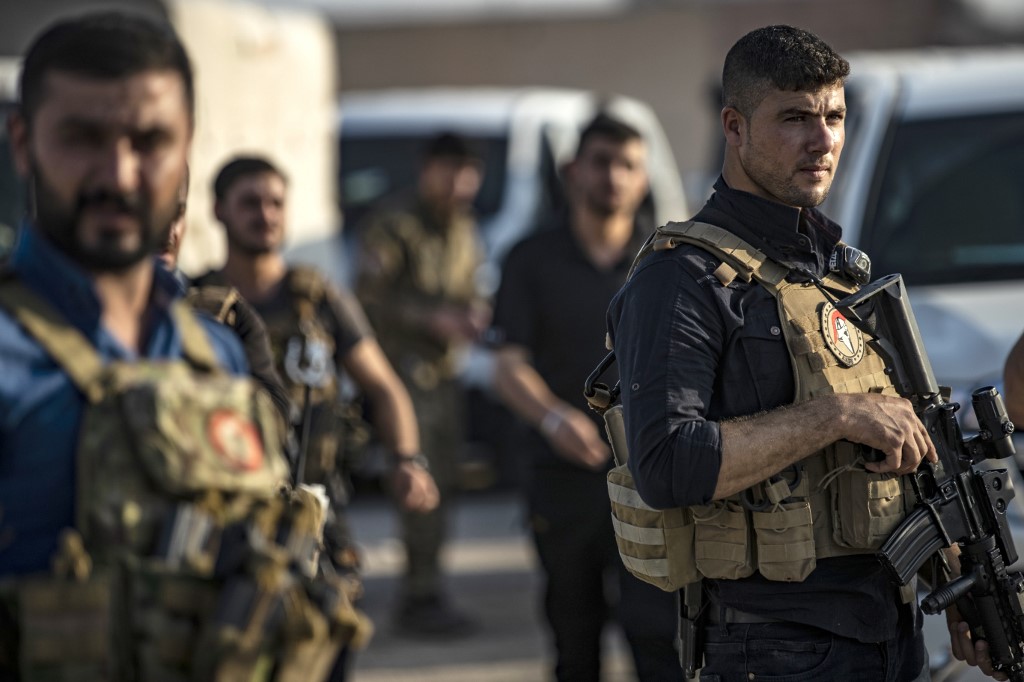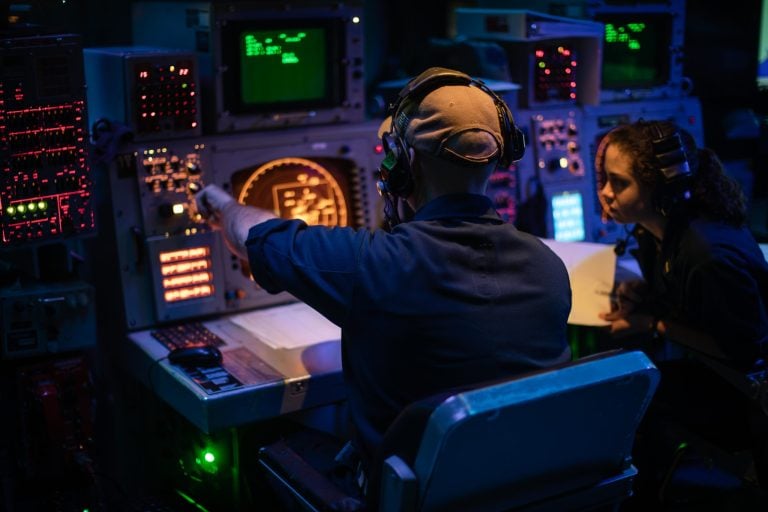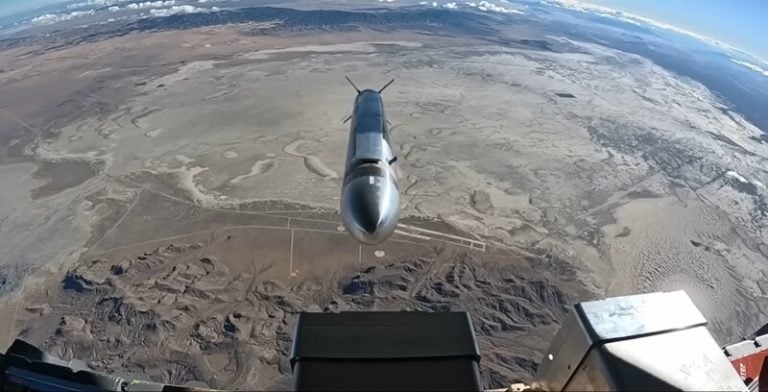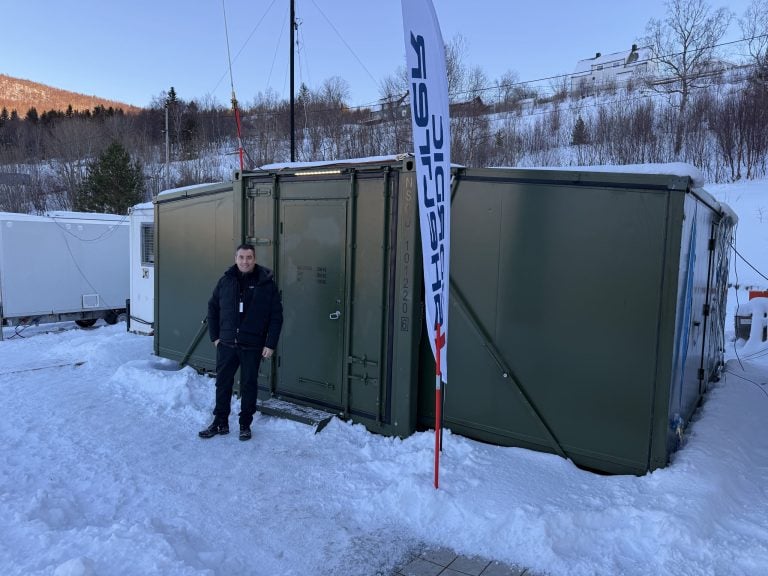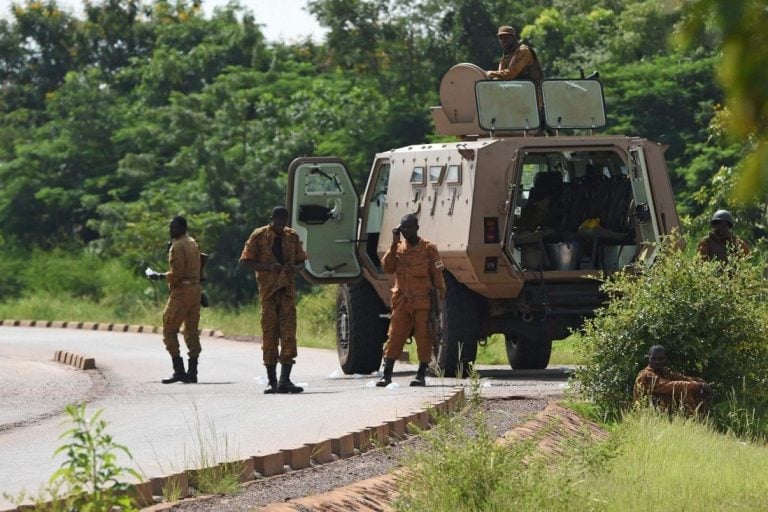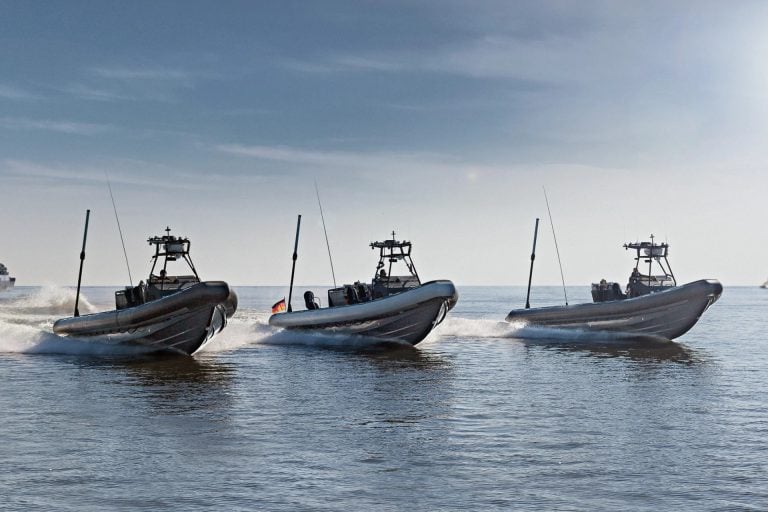In a significant diplomatic move, Syria’s interim president Ahmed al-Sharaa arrived in Ankara on Tuesday to engage in talks with Turkish leaders regarding the reconstruction of Syria and the ongoing tensions surrounding Kurdish fighters near the shared border. This visit marks Sharaa’s first international engagement following the recent overthrow of Bashar al-Assad by Islamist-led rebels, a shift that has left Syria navigating a complex transition fraught with territorial and governance challenges along its 900-kilometre border with Turkey.
Sharaa, who was in Saudi Arabia prior to his trip to Turkey, is aiming to leverage the strategic relationship he has cultivated with Ankara over the years. He was invited to Turkey by President Recep Tayyip Erdogan, and his discussions are expected to focus on collaborative efforts aimed at economic recovery and establishing stable security conditions in the region, as indicated by Erdogan’s communications chief, Fahrettin Altun.
Despite facing its own economic difficulties, Turkey is eager to assist Syria’s recovery after a devastating 13-year civil war. However, this cooperation comes with the caveat that Turkey seeks support from Damascus against the US-backed Syrian Democratic Forces (SDF), which are engaged in ongoing conflicts with forces backed by Ankara in northeastern Syria. Turkey’s opposition to the SDF arises from its association with the Kurdish militia known as the People’s Protection Units (YPG), which Turkey considers linked to the Kurdistan Workers’ Party (PKK)—a group designated as a terrorist organization by Ankara.
In northeastern Syria, where the Kurdish-led SDF has maintained significant control, Turkey has threatened military action to prevent the proliferation of Kurdish forces near its borders, even amid US efforts to negotiate a ceasefire. Historically, Turkey has maintained a strong influence in northern Syria, particularly in the Idlib region, which has been administered by a coalition that included Sharaa’s former rebel group, Hayat Tahrir al-Sham (HTS). Notably, the HTS has been cautious in its engagements with the SDF, refraining from direct confrontation despite the pressure from Turkey.
As Turkey adopts a dual strategy of pressuring Kurdish factions and attempting to engage with the PKK to promote peace, the future of Kurdish forces in the region remains uncertain. Hamit Bozarslan, a specialist on Kurdish issues, emphasized that Erdogan’s government is determined to avoid having a Kurdish autonomous entity on its border. Conversely, Sharaa acknowledges the importance of the Kurdish factions, especially considering their neutral stance during his advance against Assad’s forces, highlighting the necessity of collaboration with these groups.
Gonul Tol, head of the Turkish studies program at the Middle East Institute, noted that while Sharaa’s priority is diplomacy, there will come a time when decisive actions will need to be taken to manage regions that could slip beyond their control. Much of the future dynamics will hinge on the stance of the US administration under President Donald Trump, whose policy direction in the region remains ambiguous.
